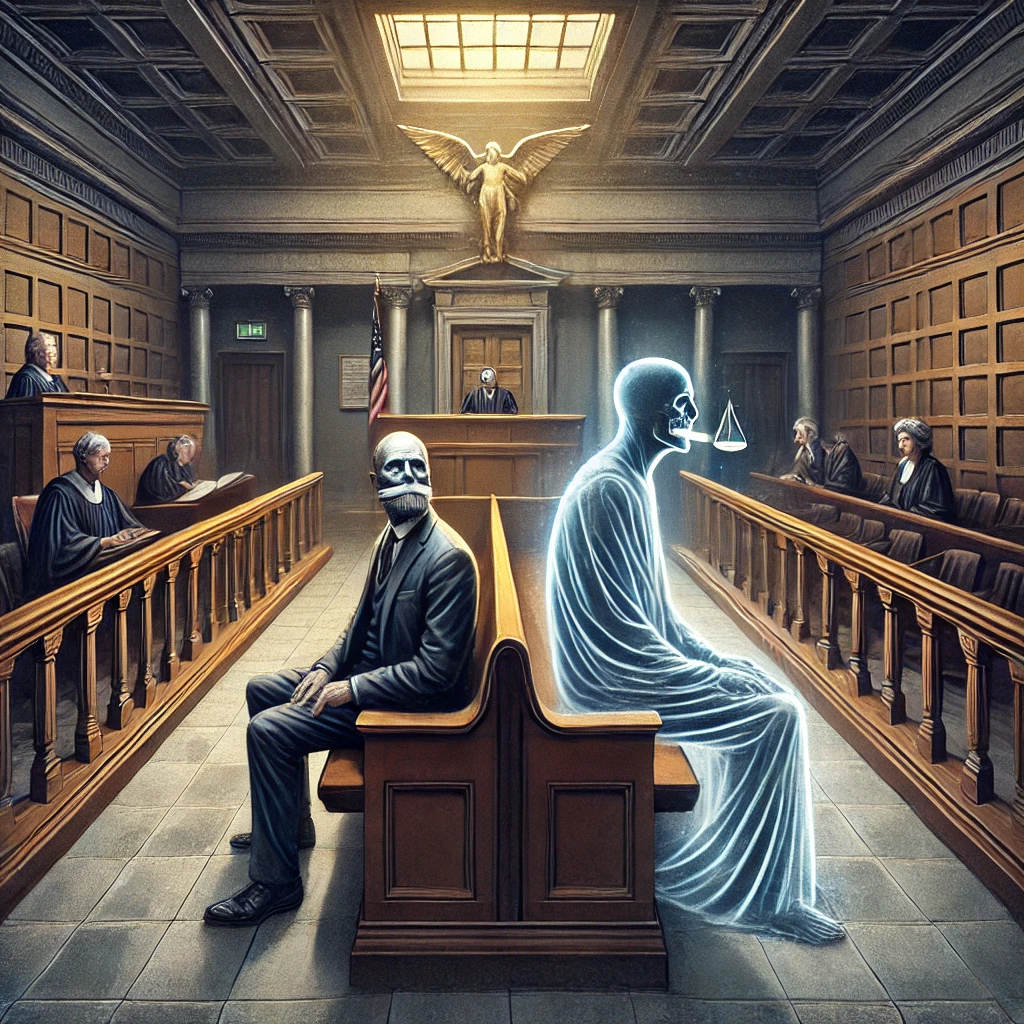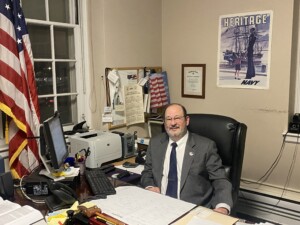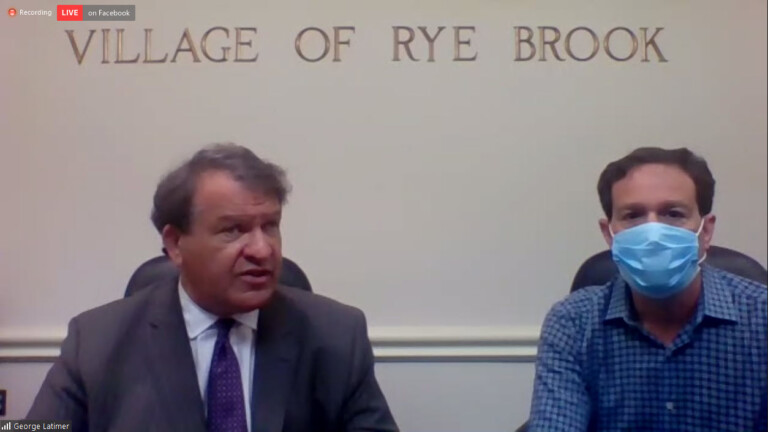Holding Court: Dead Men Tell No Tales

Holding Court is a series by retired Rye City Court Judge Joe Latwin. Latwin retired from the court in December 2022 after thirteen years of service to the City.
What topics do you want addressed by Judge Latwin? Tell us.
By Joe Latwin

No, not the Pirates of the Caribbean movie, or Israel Hands in Treasure Island (he said “dead men don’t bite”. It is also the bane of law students. The purpose of the Dead Man’s Statute is to put litigants on an equal footing if a witness is silenced by death or mental illness. If one I silenced by death or mental disability, the law silences the other side. An interested survivor is rendered incompetent to testify – just as the dead person can’t testify.
The law applies in any hearing on the merits of a case. A person interested in the event cannot testify as a witness against the estate of a dead person or committee of a mentally ill person concerning a personal transaction between the witness and the dead or mentally ill person. A witness is interested if he will gain by the operation and effect of a judgment. For example, in a Will contest proceeding, a beneficiary would be interested and could not testify about his conversations with the dead person for the purpose of supporting the Will. On the other hand, an Executor proffering the Will for Probate can testify about transactions with the Testator since an Executor, simply because of his representative status is not interested, but if the Executor is a beneficiary, he would be interested and could not testify.
A personal transaction includes more than what the decedent said. Testifying about the decedent’s handwriting, conduct or demeanor also qualify as personal transactions.
The Dead Man’s Statute is filled with exceptions. If the protected party testifies, he “opens the door” for testimony by the interested party. If the former testimony of a deceased party or mentally ill person is given in evidence (testimony from a prior trial or deposition) about the transaction opens the door. Officers and shareholders of banking corporations are not deemed interested in the transaction. The rule also does not apply in motor vehicle accidents involving a claim of negligence based on the ownership or operation of a vehicle. The rule does not cover personal transactions with an agent of the decedent. The rule can also be waived by the protected party, usually by “opening the door” or failing to make a timely and proper objection.
When the law was updated in 1958, the Advisory Committee citing the foremost expert on Evidence, Professor Wigmore said The Dead Man’s Statute has been condemned by every student of the law of evidence. The Committee proposed eliminating the rule, but it has persisted.
Like most rules of evidence, there is often another way to skin the cat. If you can’t use an interested party to testify, find a witness that is not interested. Sometimes you just have to wait and hope the protected party opens the door for you.






